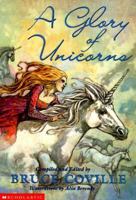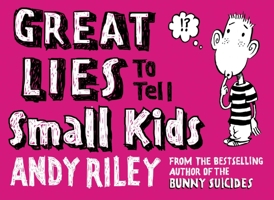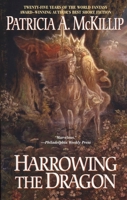The Pit Dragon Chronicles, Volumes 1-3
(Part of the Pit Dragon Chronicles Series)
Select Format
Select Condition 
You Might Also Enjoy
Book Overview
Paperback editions of the first three volumes in Yolen's epic fantasy, the Pit Dragon Chronicles--Dragon's Blood, Heart's Blood, and A Sending of Dragons--are now available in this handsome boxed set. This description may be from another edition of this product.
Format:Hardcover
Language:English
ISBN:1568659008
ISBN13:9781568659008
Release Date:January 1998
Publisher:Science Fiction Book Club Collection
Length:470 Pages
Weight:1.29 lbs.
Dimensions:1.3" x 5.5" x 8.3"
Customer Reviews
8 customer ratings | 5 reviews
Rated 5 starsA great read!
By Thriftbooks.com User,
I actually bought this book for its nostalgic value. I first read it as a kid and have loved it ever since.
1Report
Rated 4 starsGood stories - complete world created for dragons- teenagers
By Thriftbooks.com User,
This is a set of 3 stories about a boy and his love and care for dragons. A few parts are not for young audiences as women seem to be mostly in "baggeries" which seem to be sex houses.
0Report












































